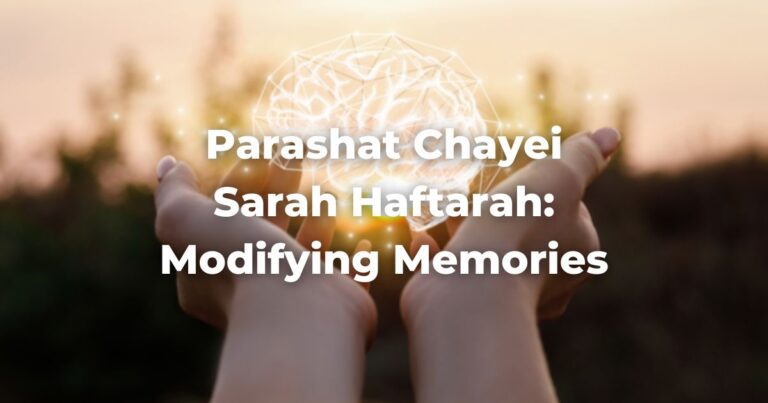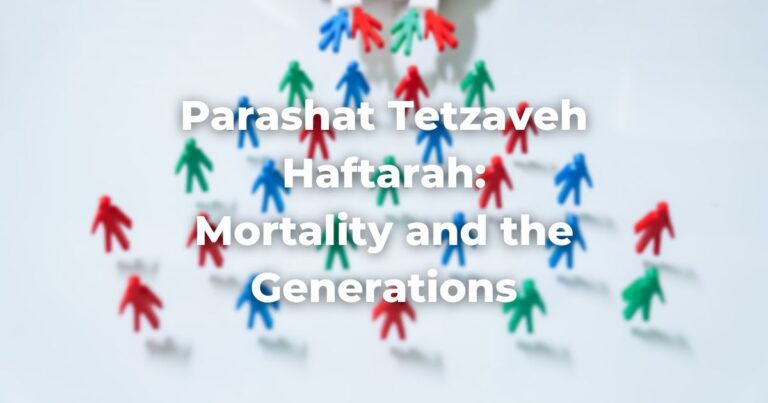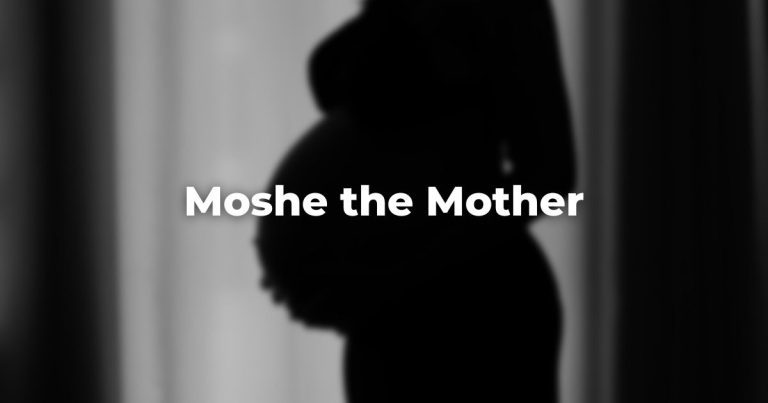This week’s parashah opens with God’s instructions to Moshe concerning the oil used for lighting the Menorah in the Mishkan: “You shall instruct the Israelites to bring you clear oil of beaten olives for lighting, for kindling lamps regularly” (Exodus 27:20).
Oil for lighting the Menorah
The rabbis of the Mishnah (Menachot 8:4) explain that it was necessary to kindle the Menorah in the tabernacle using oil of the highest quality, taken from the olives that grew at the very tops of the trees, which were crushed and put into baskets so that the oil might collect in a vessel below.
Why was it necessary to use such high-grade oil?
The Talmudic rabbis, in explaining this mitzvah, enter into a discussion about wealth, poverty, and the way we honor God, shedding light on their value system as well as our own.
The rabbis consider the nature of this oil in tractate Menachot 86b, which is about grain offerings in the Temple. Nearly all grain offerings were made of a mixture of fine flour, frankincense, and oil, and the Talmud asks whether the oil used in the Menachot offerings, too, had to be the same highest-quality oil required for kindling the Menorah.
They respond that no, the Menachot offerings did not need to be made from such high-quality oil. Their response is based on a close reading of the first verse in our parsha, where the “oil of beaten olives” is specifically “for lighting,” and not for any other purpose.
Thus the rabbis conclude that such oil is required for Menorah, but is optional when it comes to the grain offerings.
Why require oil of the highest quality for the Menorah but not for the Menachot?
Rabbi Elazar explains that the reason is because such oil is very expensive, and “the Torah is sparing of the money of the Jewish people.” Rashi clarifies that the Menorah did not require very much oil, and was kindled only once a day, unlike the grain offerings, which were brought frequently. Furthermore, grain offerings were often brought as a poor man’s alternative to the more expensive animal sacrifices; to require high-quality oil would defeat the purpose of this more affordable option.
It is for this reason, too, that the rabbis permit lighting Shabbat candles using all sorts of oils; not everyone can afford high-quality olive oil.
When the wealthy Rabbi Tarfon ruled that only olive oil was acceptable (Mishnah Shabbat 2:2), he was met with significant backlash. The midrash explains that Rabbi Yohanan ben Nuri stood up to Rabbi Tarfon, insisting: “What will the people of Babylon do, who have nothing but sesame oil? What will the people of Media do, who have nothing but nut oil? What will the people of Alexandria do, who have nothing but radish oil?” (Tanchuma Behaalotcha 1).
Rabbi Tarfon’s insistence on olive oil would impose significant financial hardship for communities where such oil was not readily available.
The notion that “the Torah is sparing of the money of the Jewish people” comes up at several points throughout the Talmud and midrash, where it is often pitted against the contrasting principle that there should be “no poverty in a place of wealth.”
On the one hand, the Torah does not wish to place an undue financial burden on us; on the other hand, one’s actions should not be motivated by a concern for financial cost in a sacred structure like the Mishkan or the Temple.
The Talmud (Menachot 89a) cites both principles in a discussion of how the priests figured out how much oil was necessary to keep the Menorah burning all night long.
According to one opinion, the priests initially used far more oil than was necessary to burn throughout the night, and then they decreased the quantity by a small amount each night until the oil lasted only until dawn. But according to a second opinion, they initially used a small amount of oil, and then they gradually increased that quantity until the Menorah remained lit all night.
Those who hold by the first opinion maintain that there should be “no poverty in a place of wealth,” and thus it’s better to waste some extra oil rather than stingily trying to use every last drop. Those who hold by the second opinion argue that “the Torah is sparing of the money of the Jewish people,” and thus the priests tried to minimize the expense of their experimentation.
The Torah Temimah (Rabbi Baruch Epstein, 1902), in his commentary on our parashah, attempts to reconcile these two principles. He explains that when it came to communal contributions like the oil for the Menorah, the goal was to give lavishly and generously, using the highest quality oil as befits a place of wealth like the Mishkan.
Giving in our way
But when it came to private contributions like the grain offerings brought by individuals, the Torah did not want to tax anyone financially, and thus lower quality oil was perfectly acceptable.
In our own day, too, we aspire for our public religious institutions to be as beautiful as possible, and those who can contribute towards an adorned synagogue ark or a magnificent ark cover are encouraged to do so.
But when it comes to the religious objects in our private homes, we need not feel obligated to spend in excess, especially when doing so might embarrass those of lesser means. Not everyone has the fanciest Shabbat candlesticks, but if the light of our communal institutions burns clearly and brightly, it will illuminate all of our homes and hearts.
See more: Parashat Tetzaveh
Originally posted as part of the Conservative Yeshiva at the Fuchsberg Jerusalem Center’s Torah Sparks. Support Torah learning from the Fuchsberg Jerusalem Center/Conservative Yeshiva for leaders and seekers around the world here.
Authors
-

Ilana Kurshan teaches Talmud at the CY. She is the author of If All the Seas Were Ink (St. Martin’s Press, 2017) and Why is This Night Different From All Other Nights (Schocken, 2005). She has a degree in History of Science from Harvard and in English literature from Cambridge, and has worked in literary publishing both in New York and in Jerusalem – as a translator, a foreign rights agent, and as the Books Editor of Lilith Magazine. Since October 2020, Ilana has been a regular contributor to Torah Sparks, FJC’s weekly parashat hashavuah blog.
-



The Fuchsberg Jerusalem Center (FJC) is a home in the heart of Jerusalem where leaders and seekers can find an authentic place in Jewish tradition to call their own. FJC offers opportunities to study, pray and explore within an egalitarian and inclusive setting, creating multiple pathways for finding personal and communal meaning.




